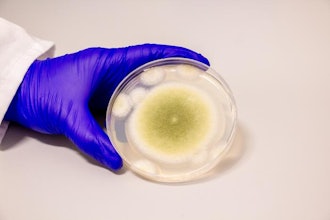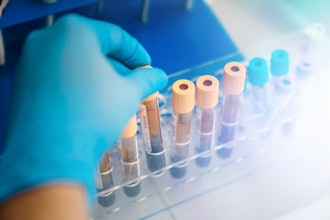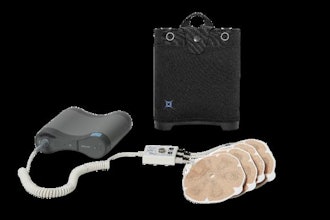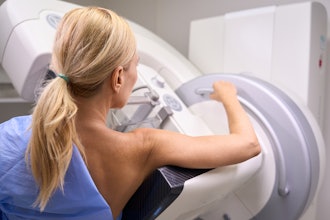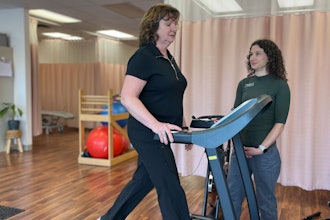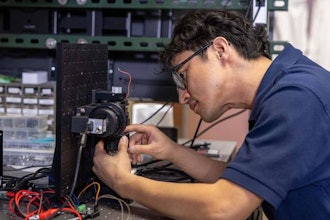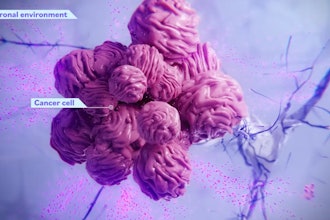
BD announced FDA approval for the use of self-collected vaginal specimens for human papillomavirus (HPV) testing when cervical specimens cannot otherwise be obtained. The approval allows women to self-collect vaginal specimens for HPV testing in a health care setting, which could include non-traditional locations such as a retail pharmacy or mobile clinic.
HPV is the cause of virtually all cervical cancer, and HPV testing is the preferred screening method by the American Cancer Society in the United States. The BD Onclarity HPV Assay is FDA-approved for HPV primary testing without the need for a traditional Pap smear performed with a speculum. This new approval of self-collected samples opens the door to a less invasive testing option, and it improves access to testing for individuals who face barriers to cervical cancer screening.
Various factors contribute to inadequate screening, including physical and geographic inaccessibility, financial insecurity (including lack of health insurance coverage), lack of awareness about the importance of screening, social or religious preferences, physical disability, medical conditions, or history of sexual, physical or psychological abuse that may make a pelvic examination for sample collection by a clinician traumatizing.
Self-collection can improve cervical cancer screening access, especially in underserved populations. In the U.S., Black, Hispanic and American Indian women have higher rates of cervical cancer than women of other racial groups, with Black women having the highest rate of death. With vaginal self-collection as an option for cervical cancer screening, women are more inclined to participate in such care — with never-screened women demonstrating a more than two-fold increase in acceptance and participation — allowing health care providers an alternative option to identify a high-risk HPV infection in more convenient care settings.









